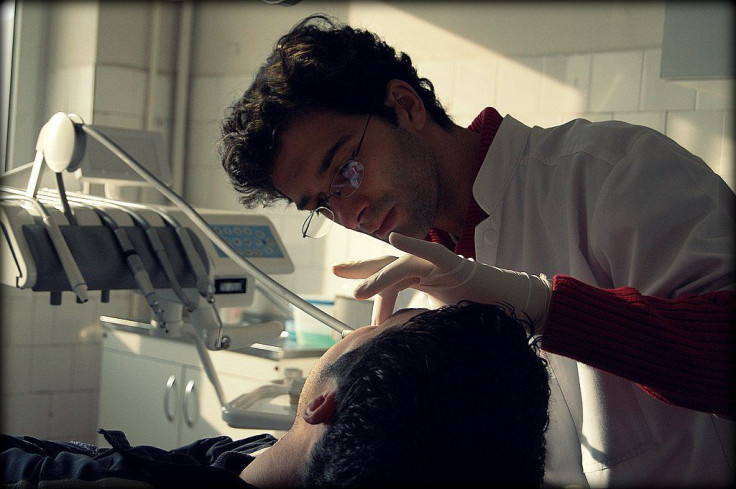Tooth Decay Affects Half Of UK Children: Are Sugary Drinks And Snacks To Blame?

Tooth decay, or rotting teeth, affects nearly half of the young UK population, according to an alarming study.
The Guardian reports that in England, nearly 6 million children either suffer from tooth decay or are at serious risk of developing it. Inadequate dental check-ups, sugary beverages and snacks between meals are thought to be behind the disconcerting statistics.
The study, conducted by the British Department of Health, found that by the time English children turn 17, about 50 percent fall within the "red" to "amber" spectrum in the "traffic lights" scheme — a new government health strategy that assigns patients a green, amber, or red ratings based on their teeth and gum health.
Only about 16 percent of adults and 55 percent of children received a green rating; the rest had either already been diagnosed with a dental condition, or were deemed likely to diagnosed in the near future.
"We know children who eat and drink between meals are much more likely to get dental decay," said Dr. Stephen Fayle, a pediatric dentistry consultant worried by the new study's findings.
"Parents think they are giving their children healthy drinks between meals, but they can do a lot of damage," he continued, referring to the recent spike in the consumption of "healthy" juice beverages marketed as sugar-free alternatives. The "no sugar added" disclaimer has most consumers failing to account for naturally occurring sugar — not to mention the high levels of acidity, which can wreak havoc on enamel.
Each year, 30,000 British children are hospitalized with tooth decay. While most have five or six removed, others have entire sets of baby teeth taken out.
Barry Cockcroft, chief dental officer for England, nevertheless stressed that taken globally, the statistics were unremarkable, and that no other country recorded a lower rate of tooth decay in children. Indeed, the Centers for Disease Control and Prevention (CDC) identifies tooth decay as the most common type of chronic condition in American children and adolescents ages 6–19.
Tooth decay is brought on by teeth and gum bacteria whose acidic byproduct corrodes enamel. The condition is largely preventable, and studies have shown that good oral hygiene can reduce the amount of decay by up to 40 percent.
To learn more about tooth decay and how to prevent it, consult the CDC or the National Institutes of Health.
Published by Medicaldaily.com



























